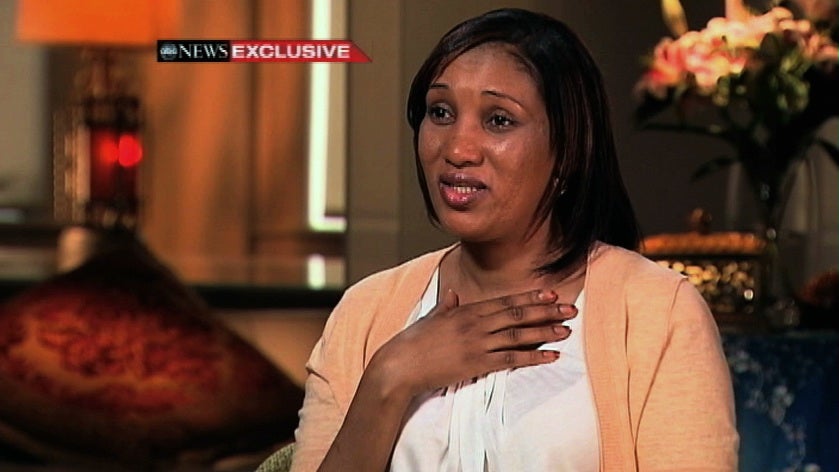
Getting your Trinity Audio player ready…
Nafissatou Diallo, “Nafi” aka the 32-year-old Black domestic who dared to accuse one of the most powerful men in the world of rape, has unexpectedly stepped forward to prove to us that her allegations against Dominique Strauss-Kahn, former head of the International Monetary Fund, are true. And further, that she is not guilty of the salacious accusations that have been made against her in the press since she accused Strauss-Kahn of rape two months ago.
Over the past two days, Diallo has opened up to both Newsweek and “Good Morning America” to give her detailed side of events that took place in Room 2806, a presidential suite at Manhattan’s Sofitel Hotel. Diallo paints a picture of Strauss-Kahn as “a crazy man” who attacked her, and left her afraid for her life. “Because of him, they call me a prostitute,” she told Newsweek, referring to the way the New York Post, branded Diallo a “hooker” on the front page. (Her lawyers are suing The Post for this accusation.) “I want him to go to jail,” she adds. “I want him to know there some places you cannot use your power, you cannot use your money.”
As Diallo seeks justice in and out of the courtroom, she bucks a startling trend for Black women. One in four Black women will be raped in her lifetime, according to statistics. And yet, just 7% of Black women will report the crime to police, compared to 42% of the general population.
But even as Diallo defies one trend by speaking up, she falls squarely in line for another — double victimization — where women are harmed by their attackers face a second “attack” from the legal system which too often places the onus on women to prove she didn’t “want it” or somehow “asked for it.” Then the woman’s past is diligently combed through to use anything possible to debunk her credibility. By now, Diallo knows this method all too well. In the last two months, her friends, her method of obtaining a green card, the amount listed on her income taxes and the number of deductions she claimed, have all been used to create a cloud of suspicion around her. It’s so thick, that some wonder if the District Attorney will proceed with her well-publicized case.
The scrutiny doesn’t stop there. In Diallo’s Newsweek story telling her side of events, the reporters, both males, evaluate Diallo as “not glamorous,” her skin “pitted with what look like faint acne scars,” then they observe her “womanly” figure. That could be excused as journalistic color, but notably, those details are never given for Strauss-Kahn — thirty-plus years Diallo’s senior, corpulent, and bearing a receding hairline. It’s like the men are deducing the truth of her accusations based on her attractiveness level. There’s also the curious observation that Diallo, at 32, has men in her life that “she has spent time with, whom she does not call fiancés or boyfriends, but ‘just friends.’” Uh… does no man to “claim” her or “vouch” for her make her more rape-able?
It’s baffling how in 2011 alleged rapists are given the benefit of the doubt, while female accusers remain covered in doubt. If we ever hope to eradicate rape, we have to start with getting rid of the blame the victim mentality. There’s no time like the present to get on that.
Demetria L. Lucas is the Relationships Editor at ESSENCE and the author of “A Belle in Brooklyn: The Go-to Girl for Advice on Living Your Best Single Life” (Atria) in stores now. Follow her on Twitter: @abelleinbk